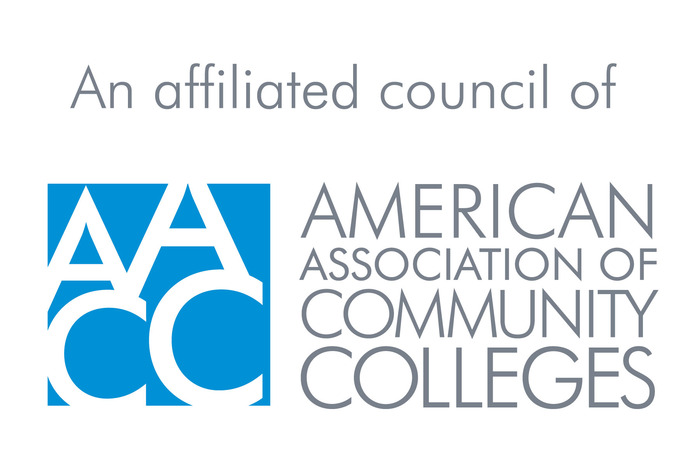Table of Contents
Better, Faster, Cheaper: An Agile Design Sprint Model for Developing Virtual HyFlex Courses
Nick Garrett, MPA, Learning Experience Designer, Savannah College of Art & Design, Savannah, GA
The COVID-19 pandemic spotlighted the roles community and connectivity play in the learning process. The long-term closure of physical campuses presented universities with an opportunity to reimagine online teaching and learning and re-envision how courses should be designed to meet students’ evolving needs. At Savannah College of Art & Design (SCAD), student surveys revealed that, on average, students were more satisfied with courses in which they were allowed to engage synchronously with their professors while still having the flexibility to complete assignments and participate in discussions at their own pace.Featuring real-time virtual class meetings for those who can attend synchronously and on-demand recordings for those who cannot, the SCADnow virtual HyFlex modality offers maximum flexibility to both students and faculty. Students can digitally connect to award-winning degree programs according to their own schedules, and faculty can spend more time focusing on active teaching and learning. The flexible design of SCADnow courses necessitated a new course development process–a modified Agile model that dramatically cuts down on the time and cost of producing online courses. The article describes the origin and workings of this course development model within the context of the university’s HyFlex modality.
Keywords: HyFlex, hybrid, Agile, design sprint
A Case Study of an E-Learning Platform for Social and Emotional Learning in an Urban Charter Middle School: A Narrative Approach to Qualitative Inquiry
Deniz Ismailoff, Ed.D, School Principal, iLearn Schools, Clifton, NJ
The present qualitative case study investigated teachers' and students' experiences implementing BASE Education, an electronic learning (e-learning) platform for social and emotional learning (SEL), in an urban charter middle school in Paterson, New Jersey. Convenient purposeful sampling was used to obtain seven students and three-character education teachers from the target population of 300 students from grades 6-8. The sample size was determined based on consent from the teachers, students, and students' parents/guardians. Data was collected through in-depth interviews. For additional support, the students' BASEline (Learn Individual Needs and Evaluate) pre-and post-assessment scores were examined by measuring the students' SEL competencies.Findings indicate that using BASE Education positively impacted students' well-being, mindfulness, behavior, or academic development. However, the challenges revealed excessive use of PowerPoint slides and the need for engaging lesson activities. These findings suggest further research to personalize SEL instruction and address external factors affecting students' responses to the SEL lessons. The study highlights the potential of e-learning platforms in promoting SEL and underscores prioritizing student well-being and academic development in urban school districts. The study's results contribute to the knowledge of SEL and e-learning and provide valuable insight for urban educators and policymakers globally looking to implement similar SEL e-learning platforms in schools.
Keywords: Academic development, BASE Education, electronic learning, mindfulness, social and emotional learning, urban charter school, urban school districts.
Go With Gagne When You Go Online: An exploration of taxonomies and advocacy for Gagné's Nine Events of Instruction in online course design
Brooke Litten, Ed.D, Instructional Designer, Rowan College of South Jersey, Sewell, NJ
Taxonomies have been a longstanding tool for developing curricula, courses, and assessments. Bloom's taxonomy is the gold standard in terms of commonly used best practices in course design. Still, as we examine the goals of online courses based on theory like the community of inquiry and government regulations like substantive teacher interaction, Gagné's nine events of instruction may hold the key to more robust student engagement and career-ready assessment processes. The first half of this article will provide a historical overview of taxonomies and delve into the development and theory of Bloom's taxonomy and Gagné's nine events of instruction. The article will close by addressing why Gagné's theory is more aligned with current online course design and institutional goals.
Keywords: taxonomy, Benjamin Bloom, Bloom's taxonomy, Robert Gagne, Gagné's nine events of instruction, distance education, online learning, the community of inquiry, active learning
Student and Faculty Perspectives of Quality Online Learning Experiences
Thomas Mays, PhD, Associate Professor, Department of Commerce, Miami University Regional Campuses, Miami, OH; Sonseeahray D. Ross, PhD, Assistant Professor, Department of Commerce, Miami University Regional Campuses, Miami, OH; Robyn Renee Brown, M.Ed., Director of E-Campus, Miami University Regionals E-Campuses, Miami, OH; Kate Earehart, E-Faculty Engagement Instructional Designer, Miami University Regionals E-Campus, Miami, OH
This research aims to improve faculty development programs for online teaching and learning by learning more about students' perceptions of "great" and "poor" online education practices. Using a qualitative exploratory approach, data was gathered from student and faculty participants who were enrolled in or had taught online courses. As part of the research, three themes, communication, course structure and content, and teacher qualities, were explored. While both students and teachers cited communication as the most crucial component, students also discussed the value of a well-structured course and current course materials, as well as a variety of emotional and supportive qualities like adaptability, friendliness, and care. Findings were used to create models of great and poor online teaching characteristics.
Keywords: online learning; online teaching; online student experiences; online faculty development

